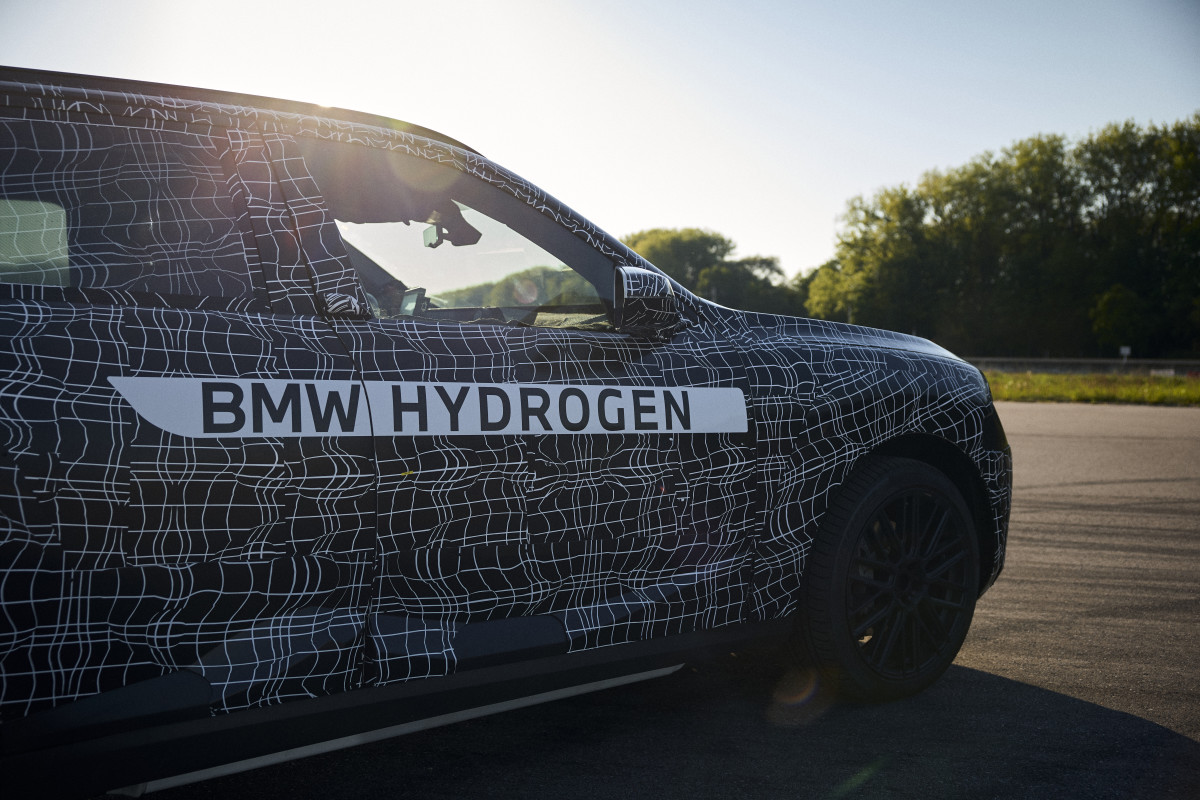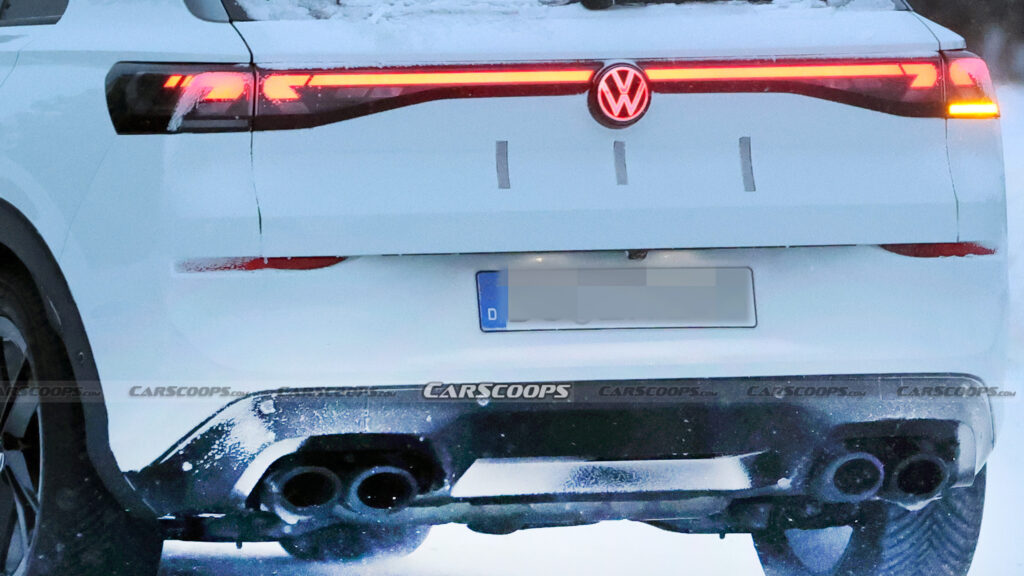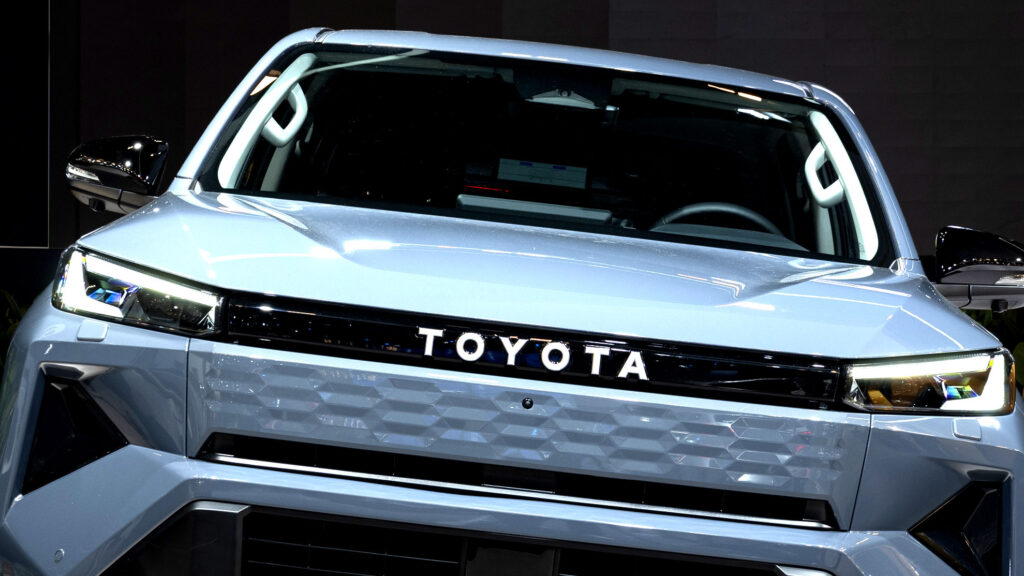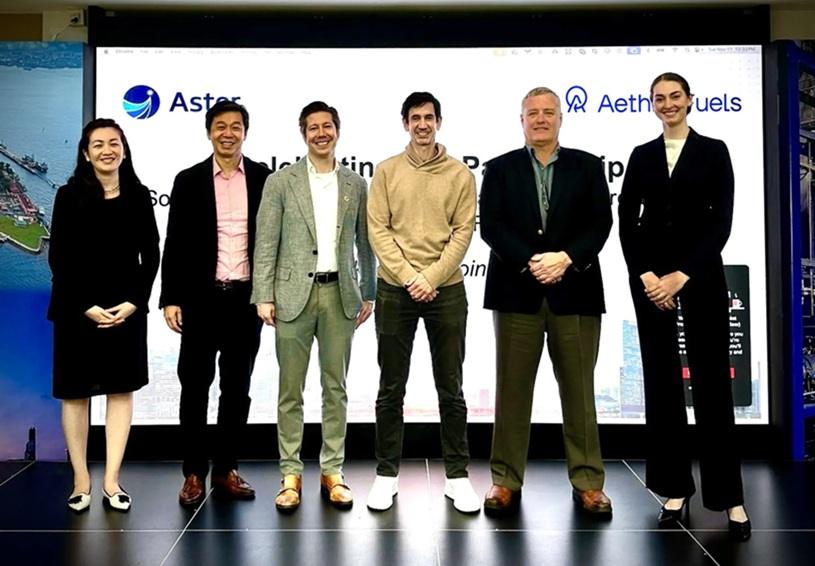BMW's commitment to diversifying its vehicle lineup is underscored by the introduction of the new X5, which will now feature hydrogen fuel cell technology alongside traditional powertrains. This move is significant as it marks the first time the X5 will be available globally with hydrogen as an option, addressing the growing demand for alternative energy sources in the automotive sector. While hydrogen fuel cell technology has faced challenges, such as high production costs and limited refueling infrastructure, BMW's initiative signals a pivotal shift in the industry. Joachim Post, a member of BMW's Board of Management, emphasizes the importance of hydrogen in global decarbonization efforts, positioning the company as a leader in advancing this technology.
The introduction of the iX5 Hydrogen could catalyze broader adoption of hydrogen vehicles, similar to how Tesla propelled electric vehicles into the mainstream. As hydrogen infrastructure develops, the iX5 Hydrogen aims to provide a viable alternative to battery electric vehicles, particularly in regions where cold climates hinder EV performance. Collaborating with Toyota on a third-generation hydrogen fuel cell system, BMW is enhancing the efficiency and power of its hydrogen offerings. While hydrogen production remains reliant on fossil fuels, the potential for cleaner alternatives and the immediate benefits of reduced tailpipe emissions make hydrogen a compelling option for the future of sustainable transportation.









